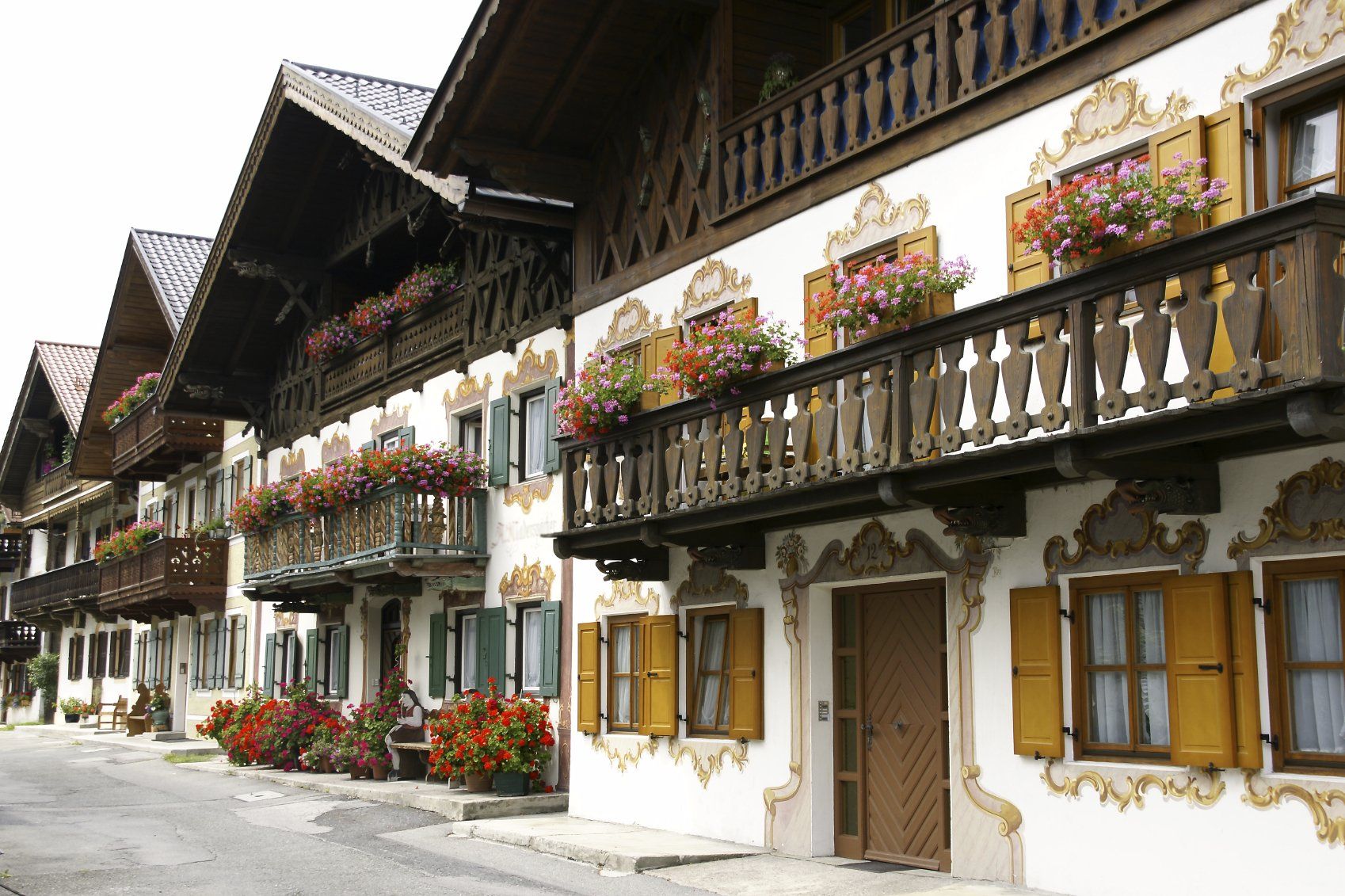Commit to Lifelong Learning
"perpetuam uitae doctrina!"
"Live as if you were to die tomorrow.
Learn as if you were to live forever." Mahatma Gandhi.

About the German Language
Enrich Your Life! We are here to point you in the right direction and cheer you on.
Put a foreign language into your portfolio of lifelong-learning activities

Unpacking the Mystery of Why German is a Go-To Global Language

German is widely regarded as a complex and challenging language to learn. Yet, despite its intricacies, it continues to be a go-to language for millions of people around the world. In fact, German is the third most widely taught foreign language, trailing only English and French. The popularity of German isn't just confined to Europe, however, as it is also highly sought after in countries such as China, Japan, and the United States.
So, what is it that makes German such a global language? On this page, we'll take a deep dive into the factors that have contributed to the widespread popularity of the German language, and explore why it remains a relevant and important language today.
A Brief History of the German Language
The German language can be traced back to the 1st century AD, when Germanic tribes began to settle in the area that is now Germany. Over time, various dialects emerged, each with their own distinct features.
The first written records of the German language date back to the 8th century AD, when the Latin alphabet was adapted for use with the Germanic languages. These early written records show a language that is similar to modern-day German, but with some significant differences.
Throughout the Middle Ages, the German language continued to evolve, with various dialects developing in different regions. It wasn't until the 16th century that a standardized form of German began to emerge, thanks to the efforts of writers such as Martin Luther, who translated the Bible into German.
In the centuries that followed, German became increasingly important as a literary language, with many of the world's most renowned writers, including Goethe and Kafka, writing in German.
Today, German is the most widely spoken language in the European Union, with over 100 million native speakers. It is also an important language in international business, science, and technology, and is widely studied as a second language around the world.
